Work With Us
Current call for submissions
We're inviting filmmakers to send us proposals for short documentaries in three key areas. Please submit ideas on these three themes, and indicate on your application which of the three themes your ideas fit into. Your ideas don't need to hit every point in these themes, they're just suggestions on how you might approach the topics in an interesting way. Read more below about the current commissioning priorities.
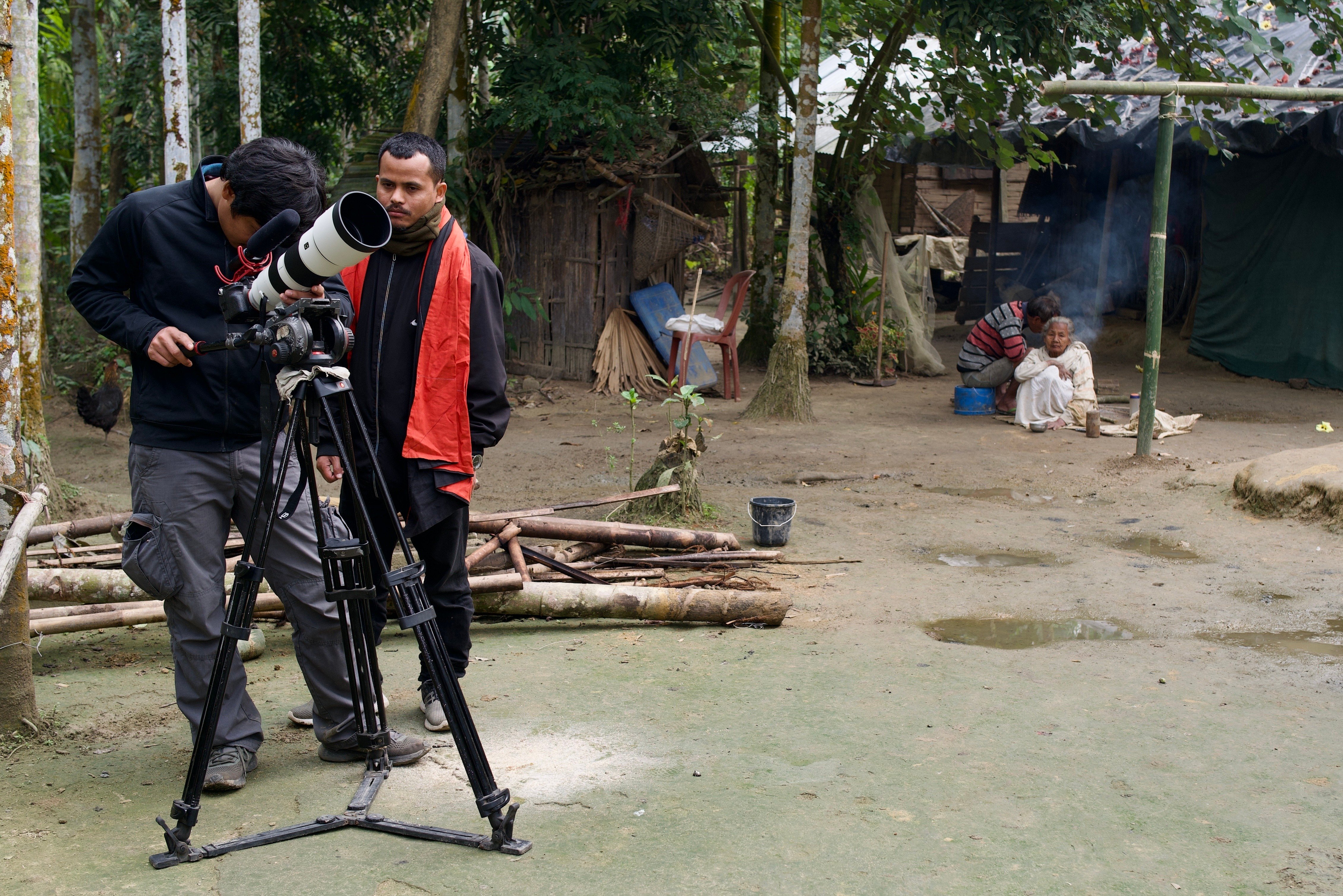
What are we looking for?
We have an open call for powerful, character-driven short documentary films that help us all better understand ourselves as individuals, communities and an entire planet.
We have a new commissioning round for Winter 2024, focused on 3 key areas. You can read more here (link to above new page)
If your ideas don’t fit any of these themes, then don’t worry, send us them anyway, we’ll be looking for ideas on other subjects in a later commissioning round, and will keep it on record.
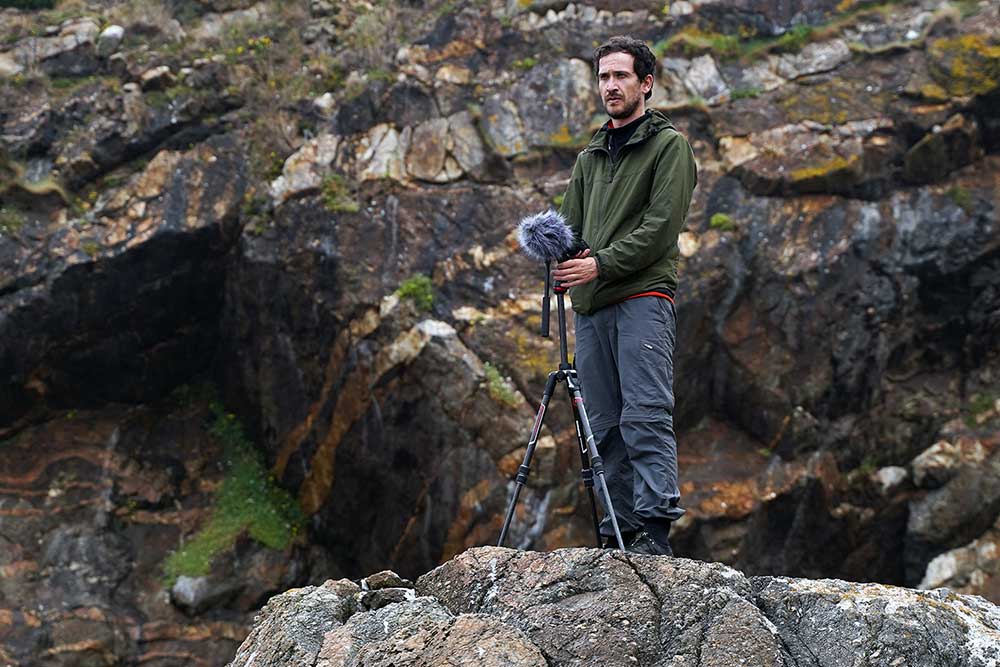
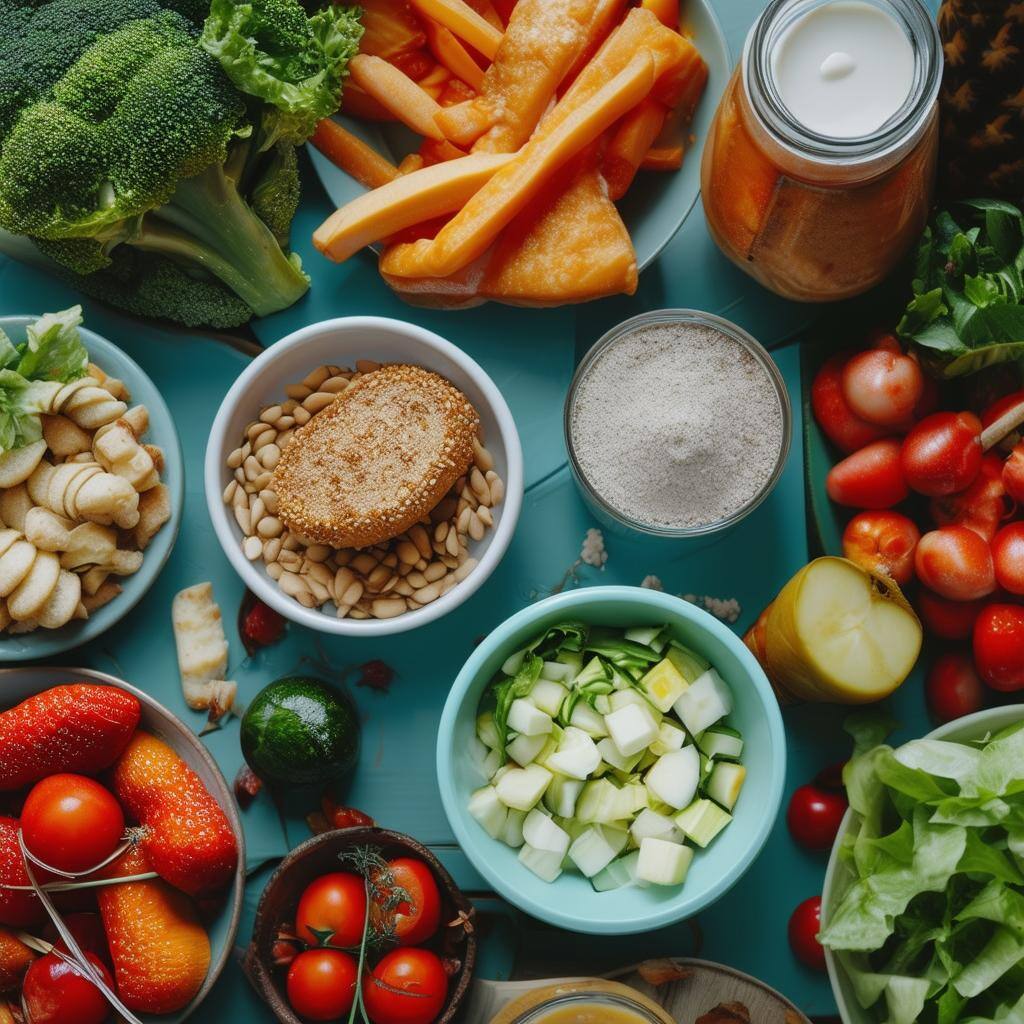
Theme 1: Health, food, and lifestyle choices
What does well-being mean for young people? In a world where there are all the temptations to eat badly and live unhealthily, what are the lifestyle choices and food options that might make them feel better?
Where does our food come from? Who grows it, how does it get to us, and who decides what’s grown and stocked in shops? What are seasonal foods, and what kinds of foods are under threat or getting more scarce, and how does that relate to the climate crisis?
How does this relate to the economics of health, including places without a system like the NHS in the UK, or where due to pressures of poverty or war, good food and health are scarce?
How do people, especially young people, deal with poor health, long-term health conditions and terminal illness around them?
Looking at different careers in health - people working in the health industry, especially in places where the health system is underfunded and under threat?
Different systems of medicine from across the world - what plants and herbs are used in other systems, and what proof is there for their usefulness? How is medicine, whether artificial pharmaceuticals or natural medicine, tested for its impact?
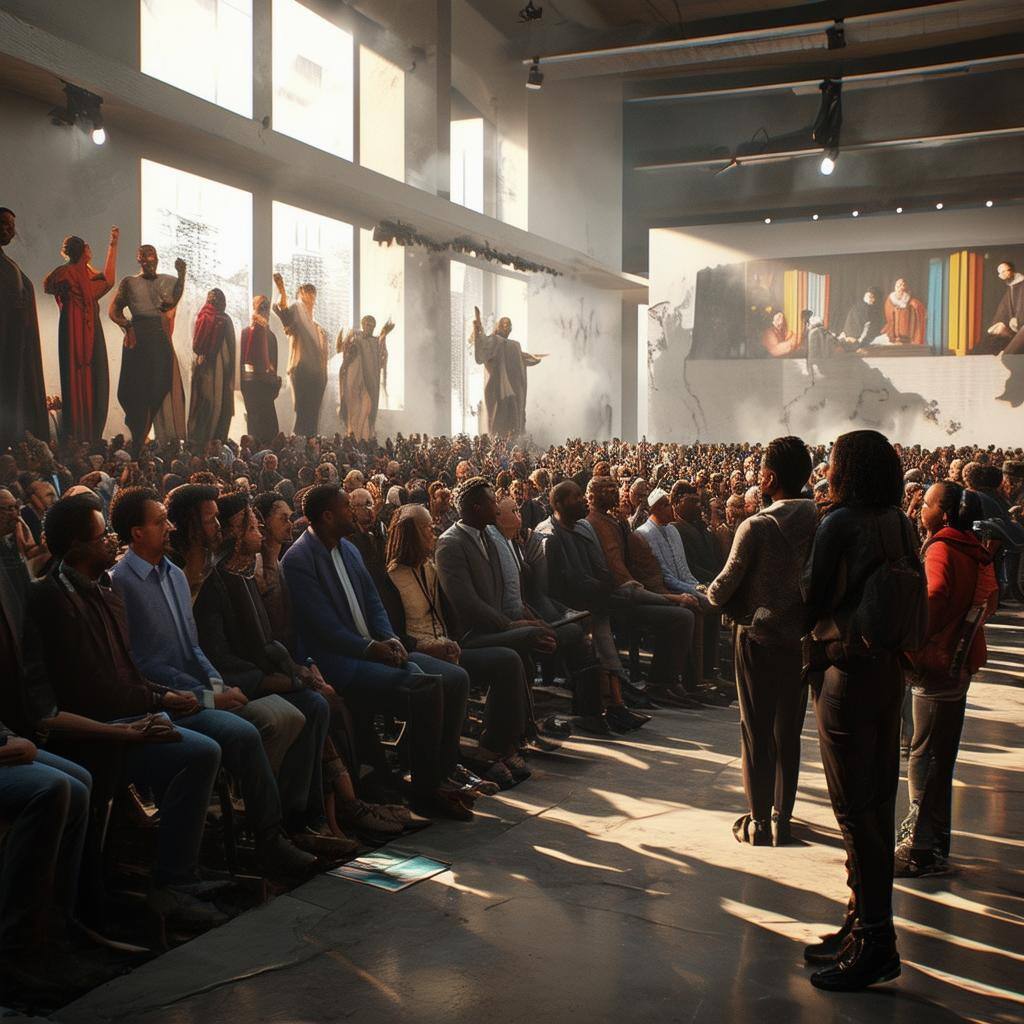
Theme 2: The basics of democracy
What do politics and voting do for young people, and how can they get involved?
We look at those from unexpected backgrounds working within the party political system across the world, especially young people, and see what the challenges they face to be taken seriously are. We also look at those outside of mainstream politics, who are doing political work in their communities to try and influence leaders, e.g. environmental activists. How do they get leaders to listen to them, and how do people make change in their local area, but also much wider?
From a wider perspective, what does knowing your rights look like, and how are we entitled to have our say in communities, and what are our rights in dealing with authorities including the police?
This might also involve comparing a very old system like the UK with newer democracies, and see how campaigning varies, and how political information is shared in an age of online misinformation. How can you trust what a politician or political activist is telling you?
And how does the rule of law work in democracies? How do politicians and other institutions like the Police and community security organisations try and keep their countries peaceful, and what are the challenges to doing so? When events like riots happen, how do they come about, and how do democracies deal with them? What’s the role of the courts in maintaining democracy, and who works in them?

Theme 3: Financial literacy
As the cost of living crisis continues, how do people - especially young people - manage their finances?
What are the things that people do to save money and budget for key things like food and clothes? Ideally, what are they doing that approaches the subject with a positive mindset, like living frugally, sharing with others, freecycling, 2nd hand shopping, and making a virtue of spending less money, especially when it coincides with environmental benefits?
Who are the people that can help with lower cost living and financial planning, and what are the places in the world where people share more resources so the cost of living is lower? And what’s the role of emergence of alternative digital currencies, like cryptocurrency?
Deadline for proposals
Deadline for proposals: Friday 31st January 2025.
Submit through the form below.
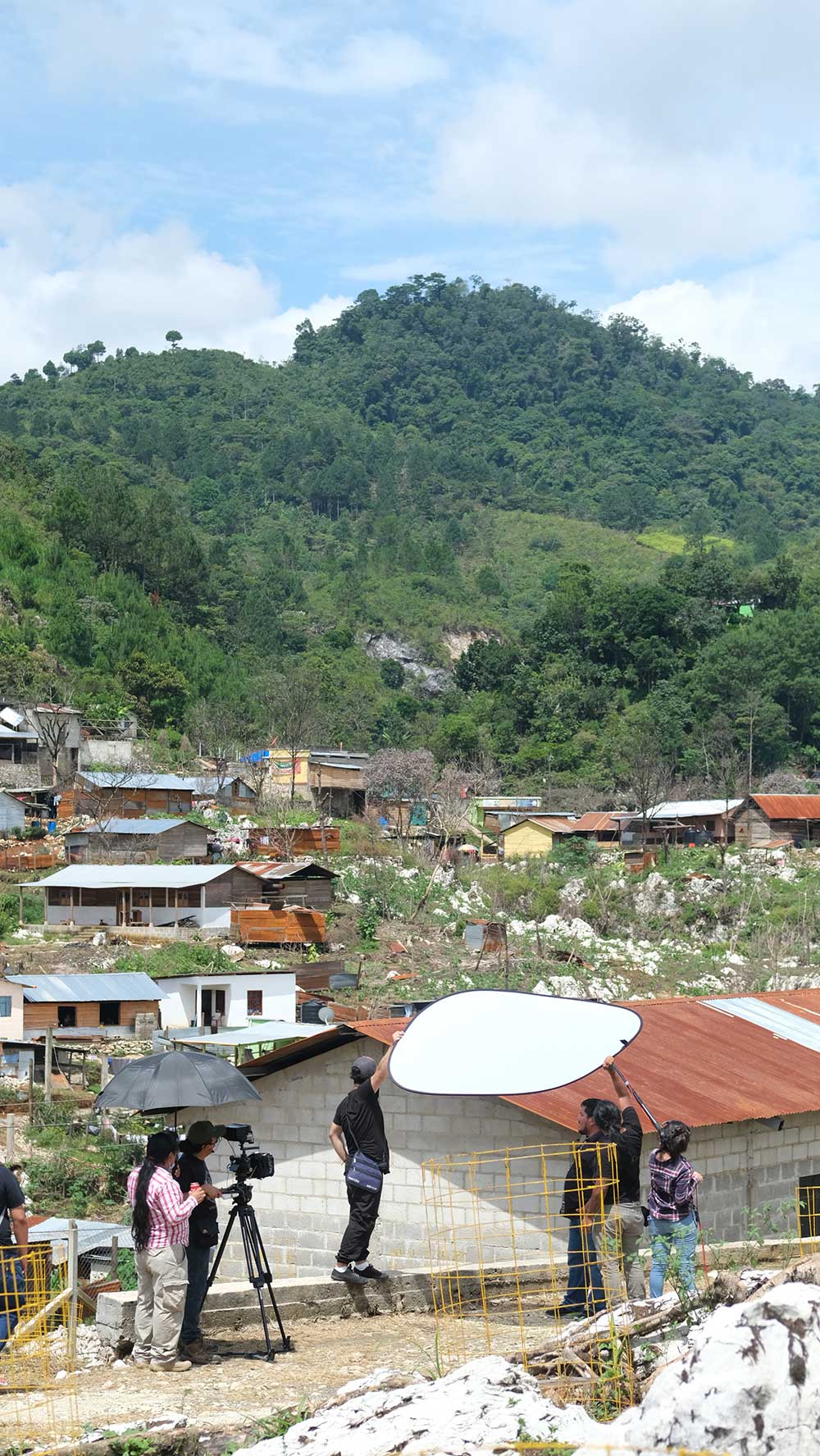
How Lyfta supports your work
Filmmakers who work with Lyfta receive support from our in-house content team, composed of experts in documentary filmmaking, multimedia and web doc production, pedagogy and anthropology. We believe that the combination of our skills and experience and yours nurtures innovation and produces groundbreaking content for our audience of media-connoisseurs: children and young people. Lyfta allows you to reach the new documentary audiences of the future.
What rights we need
All Lyfta documentaries need to have global educational rights available. We’re very happy to discuss your other plans for distribution with you, including festivals - we want Lyfta documentaries to be high profile!
Frequently asked questions
What are we looking for?
Lyfta is a digital learning platform that centres on immersive 360° environments and short documentary films. We are looking for powerful character-based short documentaries with a strong story arc, that help us all better understand ourselves as individuals, communities and an entire planet.
We want stories from all over the world, ideally made by filmmakers local to the stories, which depict a personal story that opens up to a wider societal issue. We want to work with a diverse range of filmmakers, and are excited to work with filmmaking talent who may not already be known to us.
Lyfta documentaries need to be aimed at a young audience, encouraging empathy, building connections and challenging stereotypes. They can involve hard-hitting subjects exploring big social issues, or they can be more light-hearted. Either way, they need to be made with a young audience in mind.
Our films vary a lot in theme and style, but our preference is for films told observationally, rather than relying on talking heads. We want Lyfta films to look and sound beautiful, and to move at a fast pace which will keep our audience interested. Our films are usually under 10 minutes in length.
When can you pitch to us?
We take pitches for films at any stage of production, from concept through to completed films. We can work with short documentary ideas exclusively designed for Lyfta, shorts which will also have a life on other non-educational platforms, and versions of feature documentaries.
In your pitch, we want to have a strong sense of the personality and motivations of your main character, the story arc, and the style in which you’ll make the film. We’d also love to see a trailer or teaser clip featuring your main character. If you’re early in production, it can be a self-filmed clip or even just photos.
We also ask you for your initial ideas on 360° scenes for the storyworlds in which the documentaries will live.
What is a storyworld?
Lyfta films are housed on our platform in ‘storyworlds’ - fully spherical 360° environments that learners are able to see, hear and interact with from all possible views. Each storyworld is made up of a variety of 360° scenes that our users journey through, engaging with the film and additional visual and written content as they go. When we commission films, we train filmmakers in the art of 360° photography and video. Through this training, filmmakers are given the opportunity to further immerse viewers in their stories, maximising the creative, educational and impactful potential of their films.

How Lyfta supports your work
Filmmakers who work with Lyfta receive support from our in-house content team, composed of experts in documentary filmmaking, multimedia and web doc production, pedagogy and anthropology. We believe that the combination of our skills and experience and yours nurtures innovation and produces groundbreaking content for our audience of media-connoisseurs: children and young people. Lyfta allows you to reach the new documentary audiences of the future.
What rights we need
All Lyfta documentaries need to have global educational rights available. We’re very happy to discuss your other plans for distribution with you, including festivals - we want Lyfta documentaries to be high profile!
Frequently asked questions
What are we looking for?
Lyfta is a digital learning platform that centres on immersive 360° environments and short documentary films. We have an open call for powerful character-based short documentaries with a strong story arc, that help us all better understand ourselves as individuals, communities and an entire planet.
We want stories from all over the world, ideally made by filmmakers local to the stories, which depict a personal story that opens up to a wider societal issue. We want to work with a diverse range of filmmakers, and are excited to work with filmmaking talent who may not already be known to us.
Lyfta documentaries need to be aimed at a young audience, encouraging empathy, building connections and challenging stereotypes. They can involve hard-hitting subjects exploring big social issues, or they can be more light-hearted. Either way, they need to be made with a young audience in mind.
Our films vary a lot in theme and style, but our preference is for films told observationally, rather than relying on talking heads. We want Lyfta films to look and sound beautiful, and to move at a fast pace which will keep our audience interested. Our films are usually under 10 minutes in length.
When can you pitch to us?
We take pitches for films at any stage of production, from concept through to completed films. We can work with short documentary ideas exclusively designed for Lyfta, shorts which will also have a life on other non-educational platforms, and versions of feature documentaries.
In your pitch, we want to have a strong sense of the personality and motivations of your main character, the story arc, and the style in which you’ll make the film. We’d also love to see a trailer or teaser clip featuring your main character. If you’re early in production, it can be a self-filmed clip or even just photos.
We also ask you for your initial ideas on 360° scenes for the storyworlds in which the documentaries will live.
What is a storyworld?
Lyfta films are housed on our platform in ‘storyworlds’ - fully spherical 360° environments that learners are able to see, hear and interact with from all possible views. Each storyworld is made up of a variety of 360° scenes that our users journey through, engaging with the film and additional visual and written content as they go. When we commission films, we train filmmakers in the art of 360° photography and video. Through this training, filmmakers are given the opportunity to further immerse viewers in their stories, maximising the creative, educational and impactful potential of their films.
Current Focus Areas
We’re interested in any of your ideas from anywhere, but we particularly want ideas in these areas:
India, China, Oceania & Pacific islands, Middle East & North Africa, Central and Southern Africa.
Although we’re interested in hearing ideas from anywhere as long as they hit one of our priorities and feature great stories and characters.
People with disabilities, stories representing people of all sexualities and gender identities, middle class stories from African countries, black and minority ethnic stories from Europe and Americas, Roma and traveller communities, and indigenous stories.
Our current main focuses are health, food, and lifestyle choices, the basics of democracy, and financial literacy.
For more information on what we are looking for in each of these themes, you can read more here.
History, Science (including the climate crisis), Music, Arts, Relationships and Sex education, Religious Education.